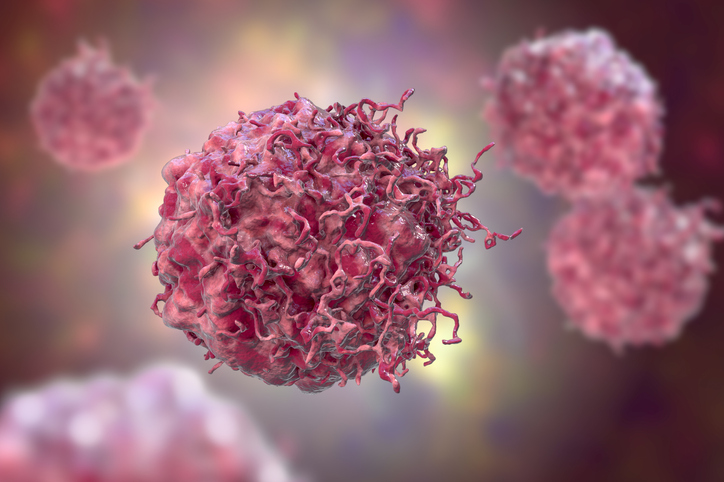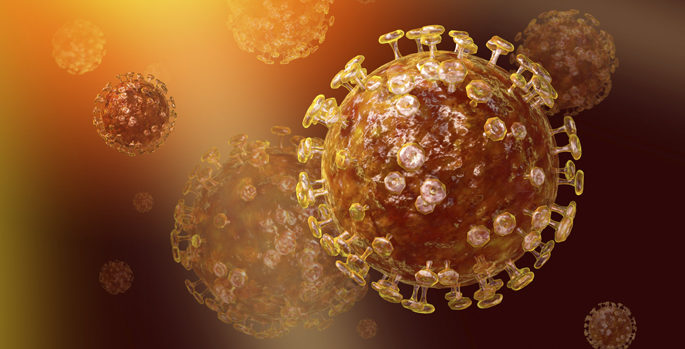National Institutes Of Health
-

Three Vanderbilt chemists to research therapeutics, fuel conversion, and enzyme design with NIH MIRA grants
College of Arts and Science faculty members Nathan Schley, Allison Walker, and John Yang have each been awarded grants from the National Institutes of Health to continue their groundbreaking chemistry research. The faculty members are conducting big-picture research with practical applications in a variety of health contexts—including drug synthesis, biomolecular conversion, and disease treatment. Read MoreJan 5, 2023
-

Nanoengineering may hold the key to developing more effective, safer treatments for a deadly childhood cancer
A grant from the National Institutes of Health will allow John T. Wilson to explore ways to use recently developed nanoparticles to stimulate immunity pathways in children, with the aim of making immunotherapy treatments for neuroblastoma more effective. Read MoreSep 16, 2022
-

Vanderbilt researcher receives nearly $2.7 million in NSF and NIH funding to explore how augmented reality can ease loneliness in older adults
Vanderbilt researcher Nilanjan Sarkar is partnering with Lorraine Mion of the Ohio State University and two Middle Tennessee long-term care facilities to investigate how augmented reality technologies can ease loneliness among residents. Read MoreSep 13, 2022
-

Why does COVID-19 seem to spare children? Vanderbilt University Medical Center study offers an answer
Researchers at Vanderbilt University Medical Center (VUMC) and their colleagues have determined a key factor as to why COVID-19 appears to infect and sicken adults and older people preferentially while seeming to spare younger children. Read MoreNov 18, 2020
-

A potential new targeted therapy for metastatic melanoma
While 60 percent of people with metastatic melanoma, an aggressive type of skin cancer, have multiple treatment options available to them, roughly 40 percent either do not respond to treatment, or relapse. Read MoreAug 19, 2020
-

New research reveals environmental pollutant in drinking water is more dangerous than previously understood
Nancy Carrasco has found that the environmental pollutant perchlorate, found in drinking water in 49 states, is more dangerous than we knew. Read MoreMay 26, 2020
-

Gamazon receives NIH Genomic Innovator Award
VUMC's Eric Gamazon has received a Genomic Innovator Award from the National Human Genome Research Institute, part of the NIH. Read MoreSep 19, 2019